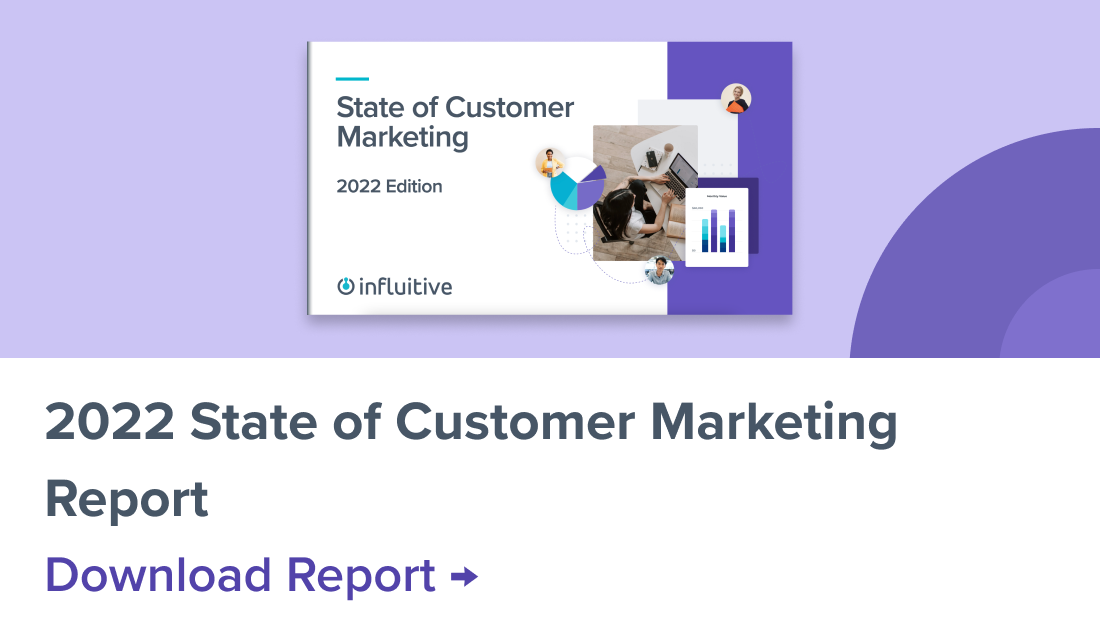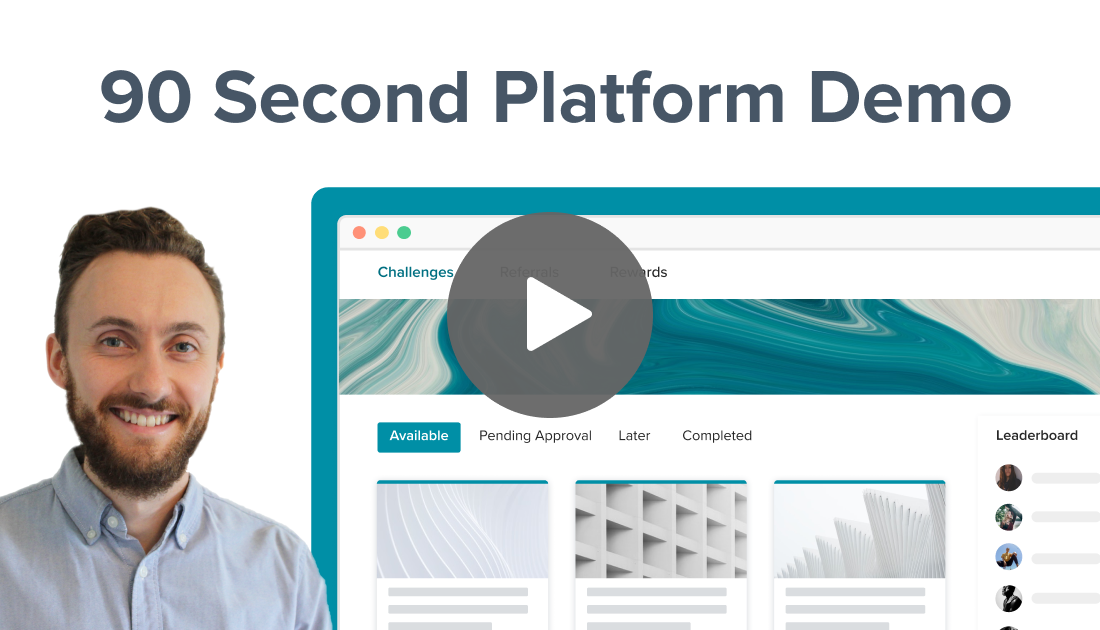If advocacy isn’t part of your customer success strategy, you could be missing a big opportunity.
I have long believed that advocate engagement is one of the most powerful measures of customer success. What better way is there to gauge your success than a customer willing to endorse your company and product to the world (or at least a key prospect).
While Net Promoter Score (NPS), Customer Satisfaction (CSAT) and other mechanisms for assessing customer health are important, they are inherently passive measures when compared to advocacy. They may be good ways to assess the efficacy of your customer success team and approach, but relying solely on these measures can limit the impact customer success delivers.
As a leader at tech companies including Salesforce, Rypple and Endeca, I have seen first-hand how advocacy can improve visibility into customer health and how it can raise the overall impact of a customer success organization on the business. It is for these reasons that I have made nurturing and developing brand advocates a key part of my strategy over the years. Advocacy consistently sits alongside customer attrition as a top target.
As Influitive’s VP of Customer Success, I have the incredible opportunity to build on this vision for customer success with none other than the advocate marketing experts themselves.
In this post, I will share insight into why one of my goals at Influitive is to develop the gold standard for customer success and growth powered by advocacy.
Customer success today
The health of your business rests on your ability to develop and sustain long-term relationships with your customers. As social customers take control of the buying process, their expectations climb, and companies face increasing pressure to keep up. This is why providing meaningful, relevant experiences – and delivering value – is so important to maintaining those relationships.
Customer success has proved itself as the key function to ensure that your customers don’t stray to the competition. Far from being a cost center, customer success has become many companies’ secret weapon for driving growth.
Many organizations measure the impact of customer success through attrition and revenue contribution (upsell, cross-sell). They use customer-driven inputs such as Net Promoter Score (NPS) and Customer Satisfaction (CSAT) to assess the effectiveness of success programs and people, and to gain visibility into these broader goals.
Toward a more comprehensive measure of customer health
Measures like NPS and CSAT provide a limited view into customer health, which in turn can limit your ability to deliver your true potential in customer retention and net new revenue. Advocacy completes the picture because it brings these measures to life.
Take NPS as an example. The typical measure is a certain percentage of customers who “would recommend” your product or team. This is a clear case of intent, but:
- What percentage of customers actually do recommend?
- Do happy customers know how to recommend?
- Are these customers equipped to engage the world on your behalf, at the right time and in the right way to drive maximum value to you?
- Will these customers gain mutual value, to the extent that advocating for you could help them as well?
Think of the possibilities if you could answer these questions in a scalable way. The result could be a larger number of actively engaged promoters, and a ‘next level’ measure of how truly successful your customers feel.
Think about moving from “would recommend” to “recommended — again and again!” It could be helpful to know whether the percentage of customers who “would recommend” differs noticeably from those that “recommended.”
It is worth considering how this insight might affect your plans. Insights on actively engaged customer advocates could influence:
- Customer engagement strategy
- Renewal projections
- New revenue opportunities for the sales team
What active advocate engagement looks like
If your customer success team makes advocacy central to its day-to-day priorities, you may soon find that you have a lot more comprehensive data on your customers.
The most effective advocate engagement is continuous and scalable. It is your customers:
- Referring new business
- Contributing user-generated content like online reviews and testimonials
- Surrounding potential buyers with the social proof that closes deals faster
- Helping their fellow customers by solving problems and sharing best practices
At Influitive, we spend considerable time thinking about what these activities look like for our customers’ businesses and our own. We feature our advocates in customer videos and case studies, invite them to speak at Advocamp and other industry conferences, and ask them to share their experiences on third-party review websites like G2 Crowd. (Influitive AdvocateHub recently earned the highest overall satisfaction score and the highest overall market presence score in the G2 Crowd Grid for Brand Advocacy, making us the only leader in the space.)
In return, we provide our advocates with the recognition they crave, opportunities to speak with our executive team, or other ways to strengthen their own brand and achieve their own definition of customer success.
Next level customer success
Advocacy is a complement to traditional success measures, and differentiates itself through the action it drives.
What I am proposing here is a path to new insights about your customers: more comprehensive measures of customer health – and health of a business in general – by empowering customers to act on their convictions.
I am proud to be leading the customer success team at Influitive. I look forward to building on the great work Influitive already does in defining the advocate marketing space. I am excited to innovate, with a particular focus on evolving the relationship between advocacy, customer health and the overall impact of the customer success function.
Related: Advocacy Marketing Dictionary – Net Promoter Scores (NPS)











































